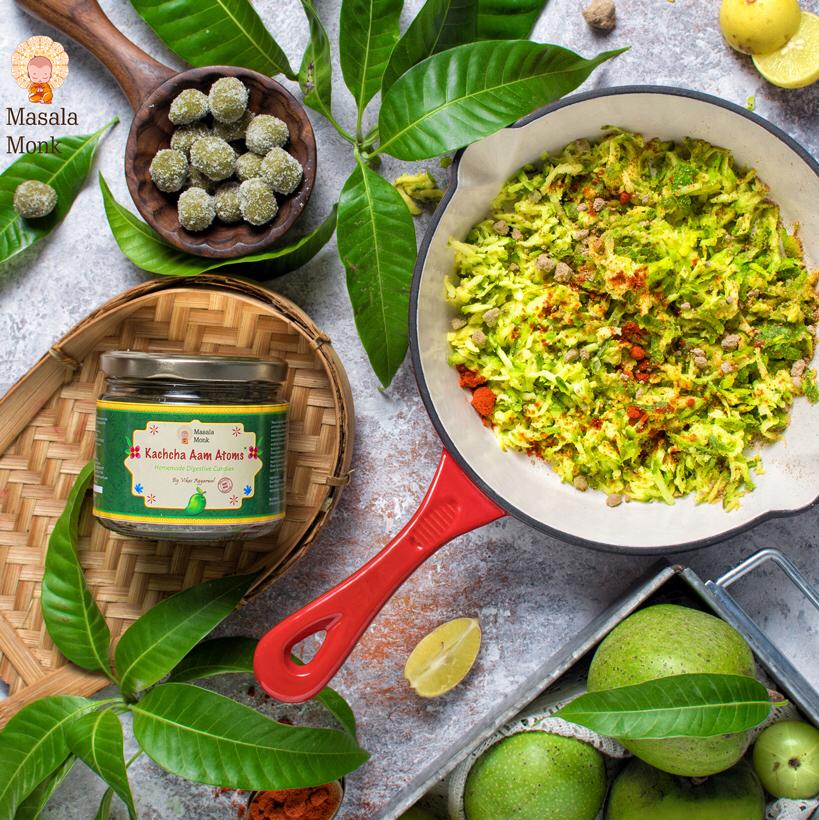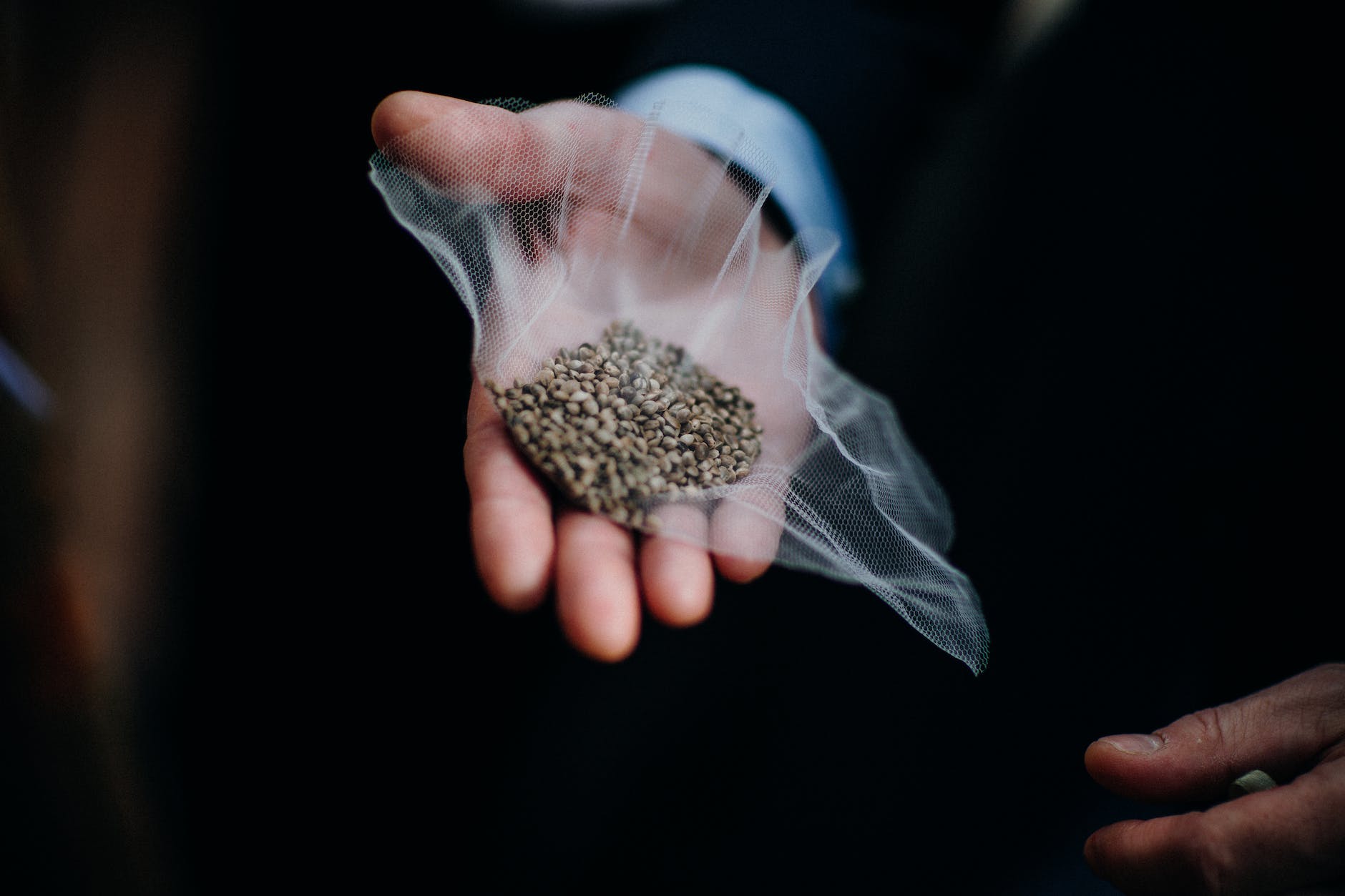
Discover the nutritional benefits of guava and its impact on blood sugar levels. Learn how this tropical fruit can be a valuable addition to a diabetic meal plan and support overall well-being.
1. Guava’s Low Glycemic Index: A Diabetic-Friendly Choice
Guava is renowned for its deliciously sweet and tangy flavor, but what makes it particularly suitable for individuals with diabetes is its low glycemic index (GI). With a GI of 25, guava ranks low on the scale, indicating that it causes a gradual and controlled increase in blood sugar levels. This slow release of glucose is beneficial for those seeking to manage their blood sugar effectively.
2. Dietary Fiber: A Crucial Component for Blood Sugar Management
One of the key reasons why guava is favored for diabetes management is its significant dietary fiber content. Fiber plays a crucial role in regulating blood sugar levels by slowing down the absorption of sugar in the bloodstream. This helps prevent sudden spikes and crashes in blood glucose, providing more stable energy levels throughout the day.
3. Essential Nutrients and Antioxidants: Nourishing the Body
Guava is a nutritional powerhouse, rich in essential vitamins and minerals that support overall health and well-being. It is an excellent source of vitamin C, an antioxidant that helps boost the immune system and fights against harmful free radicals. Additionally, guava contains vitamin A, potassium, and folate, all of which are beneficial for various bodily functions.
4. Guava as Part of a Diabetic Meal Plan
Incorporating guava into a diabetic meal plan can be a delightful and nutritious experience. Here are some delicious ways to enjoy guava:
- Fresh Guava: Simply wash and slice ripe guava to enjoy as a sweet and satisfying snack.
- Guava Smoothie: Blend guava with low-fat yogurt and ice for a refreshing and nutritious smoothie.
- Guava Salad: Add sliced guava to your favorite fruit salad for a tropical twist.
- Guava Salsa: Create a delightful salsa with diced guava, tomatoes, onions, cilantro, and a splash of lime juice.
- Guava Chutney: Make a tangy chutney using guava, spices, and a touch of sweetness to accompany your meals.
5. Guava and the Keto Diet
For individuals following a ketogenic (keto) diet, guava is considered a keto-friendly fruit. Its low sugar content makes it a suitable choice for those aiming to maintain ketosis—a metabolic state where the body burns fat for energy instead of carbohydrates.
6. Balancing Blood Sugar Levels with Guava
Guava’s combination of low sugar content and dietary fiber makes it an excellent option for balancing blood sugar levels. When consumed mindfully, guava can contribute to stable blood glucose levels and support diabetes management.
7. A Word of Caution
While guava offers numerous health benefits, it’s essential to remember that individual responses to foods can vary. Some people with diabetes may experience different effects on blood sugar levels when consuming guava. It is always advisable to monitor your blood sugar levels and consult with a healthcare professional to create a personalized meal plan that meets your specific needs.
Frequently Asked Questions (FAQs) about Guava and Diabetes
1. Can guava be beneficial for individuals with diabetes?
- Yes, guava can be beneficial for individuals with diabetes due to its low glycemic index and high dietary fiber content. It can help regulate blood sugar levels and provide essential nutrients.
2. How does guava affect blood sugar levels?
- Guava has a low glycemic index, which means it causes a slow and steady increase in blood sugar levels. Its dietary fiber also helps slow down sugar absorption, preventing sudden spikes.
3. Is guava suitable for a diabetic meal plan?
- Yes, guava can be a valuable addition to a diabetic meal plan. It can be enjoyed fresh, in smoothies, salads, salsas, or chutneys, offering both taste and nutrition.
4. Is guava considered keto-friendly?
- Guava is considered keto-friendly due to its low sugar content. It can be consumed in moderation as part of a ketogenic diet.
5. Can guava help with weight management?
- Guava’s low calorie and high fiber content make it a satiating fruit that can support weight management when incorporated into a balanced diet.
6. Can guava be included in a diabetic-friendly fruit salad?
- Absolutely! Guava’s sweet and tangy flavor makes it a delightful addition to a diabetic-friendly fruit salad. Just combine sliced guava with other low-sugar fruits like berries, melons, and citrus fruits.
7. What other nutrients does guava offer besides fiber?
- Guava is rich in vitamin C, vitamin A, potassium, and folate, which contribute to overall health and immunity.
8. Is guava a good option for a post-workout snack for diabetics?
- Guava can be a good post-workout snack option for diabetics due to its combination of natural sugars and dietary fiber, which can help replenish energy levels.
9. Can guava juice be consumed by individuals with diabetes?
- While guava juice may retain some of the fruit’s nutrients, it is essential to consume it in moderation due to its concentrated sugar content. Whole, fresh guava is a better choice as it contains natural fiber.
10. Are there any side effects of consuming guava for individuals with diabetes?
- In general, guava is well-tolerated by most people. However, individual responses to foods can vary, so it’s essential to monitor blood sugar levels and consult a healthcare professional for personalized advice.
11. Can guava be used as a natural remedy to manage blood sugar levels?
- Guava’s low glycemic index and fiber content can potentially help manage blood sugar levels. However, it should not replace medical treatment or a well-balanced diet tailored to diabetes management.
12. Can guava be consumed by individuals with prediabetes?
- Guava can be a nutritious option for individuals with prediabetes, as it may assist in maintaining steady blood sugar levels. However, it’s crucial to consult a healthcare professional for personalized advice.
13. Can guava seeds be eaten, and are they beneficial for health?
- Yes, guava seeds are edible and contain dietary fiber, adding to the nutritional value of the fruit.
14. Is guava a suitable snack for individuals with gestational diabetes?
- Guava can be a healthy and satisfying snack option for individuals with gestational diabetes. However, it is best to consult a healthcare provider to tailor a suitable meal plan.
15. Can guava be combined with other foods to enhance its benefits for diabetes management?
- Absolutely! Guava can be combined with other low-sugar fruits, vegetables, lean proteins, and healthy fats to create balanced and nutritious meals that support diabetes management.
Please note that the information provided in this FAQ section is for informational purposes only and should not replace professional medical advice. Always consult with a healthcare professional for personalized guidance on managing diabetes and incorporating guava into your diet.
Conclusion
In conclusion, guava is not only a delicious tropical fruit but also a nutritional powerhouse with significant benefits for individuals with diabetes. Its low glycemic index, high dietary fiber content, and rich nutrient profile make it an excellent addition to a diabetic-friendly diet. When incorporated sensibly into a keto meal plan, guava can contribute to maintaining stable blood sugar levels and overall well-being. Remember to enjoy guava as part of a well-balanced and diverse diet and always consult with a healthcare professional for personalized advice on diabetes management.
Disclaimer: The information provided in this article is for educational purposes and should not be considered as a substitute for professional medical advice or treatment. Always consult with a healthcare professional before making significant changes to your diet or lifestyle, especially if you have diabetes.
Blog Tags: Guava and Diabetes, Low Glycemic Index, Dietary Fiber, Essential Nutrients, Antioxidants, Diabetic Meal Plan, Diabetes Management, Keto-Friendly Fruit, Blood Sugar Levels, Nutritional Benefits, Guava Nutrition, Diabetic-Friendly Foods, Keto Diet, Weight Management.













